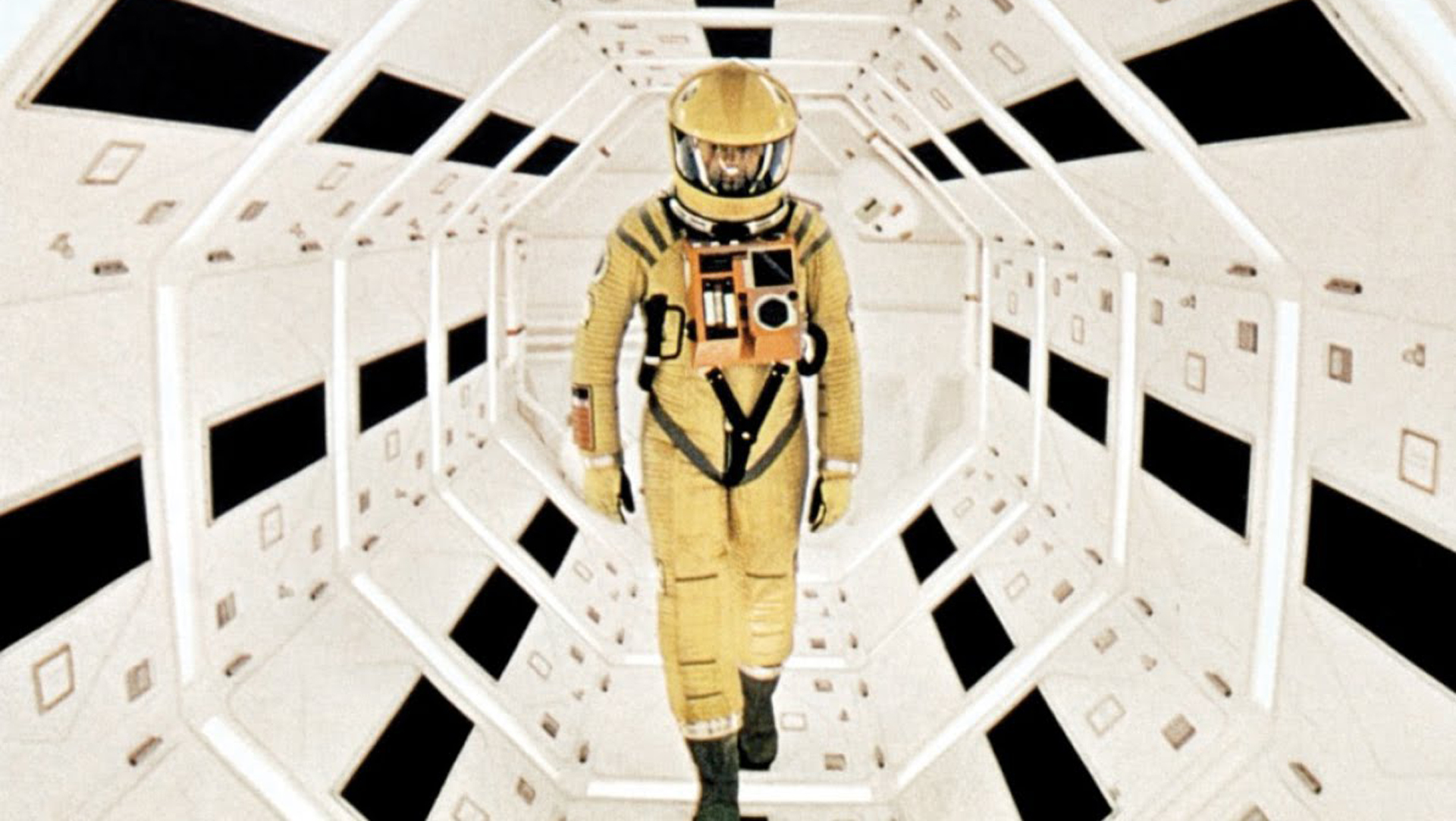We review film #15: “2001: A Space Odyssey”…the 1968 sci-fi classic that proves you can make a 2 1/2 hour movie where every frame can potentially be a piece of art. Silly Kubrick and your attention to detail.

AFI Top 100 – #15: 2001: A Space Odyssey
Release Date:
